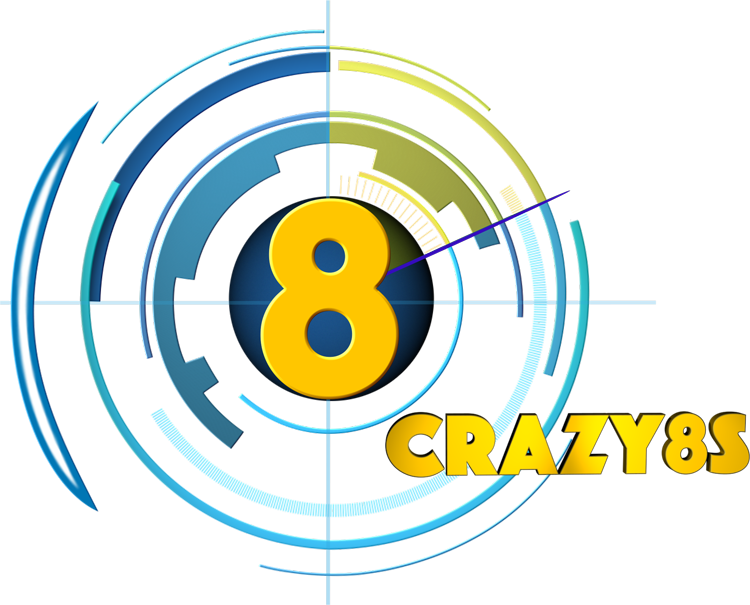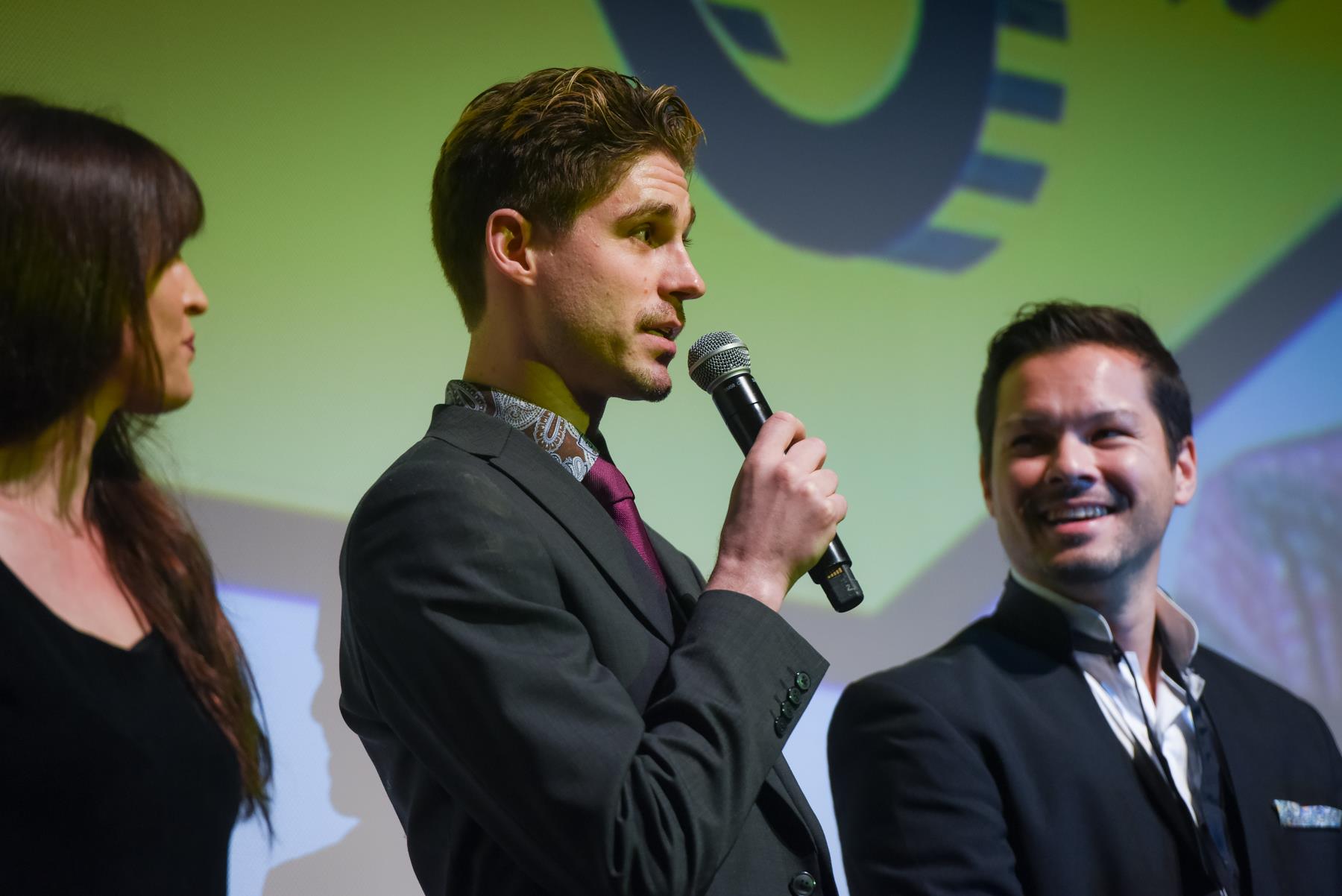Developing your own personal pitch
If you’re anything like me, there’s nothing you’d more rather talk about than movies, I adore watching movies, and I even got a standing tv mount so I can watch it more comfortable. And nothing you’d less rather talk about than yourself. But as someone who wants to not just talk about movies but make them, too, I gotta start wrapping my head around the idea that I’m not just pitching a movie, I’m pitching myself.
So why am I so hard to talk about? Don’t I know the most about me? What was Toby Keith doing right in 2001 when he sang “I Wanna Talk About Me” all the way up to Number One on the US Billboard Hot Country Singles chart? Here’s a list:
1. Sorry, but it’s the Canadian tendency to self-deprecate

We start conversations with the word “sorry”. It’s like this whole country has a personality complex. We’re sitting atop the most powerful country in the world and, yeah, it’s intimidating. But we gotta start learning how to take up space because no one’s gonna just move and let us in. It’s not about being brash or arrogant or anything quite so uncouth as dominating the conversation. It’s about being unafraid of showing a little passion about something. Get excited, people! This thing, whatever it is, has been warming the cockles of your heart for years now; it’s time to share some of that warmth with other peoples’ cockles.
2. Imposter Syndrome
Here’s a hint. Nobody knows what the hell they’re doing, except like five people at NASA. You’re not going to get better at doing the things unless you keep doing the things. Keep doing the things.
3. Fear of Criticism

Oof, this one hits home. All us creative-types wrap ourselves up in our art to the point where we identify ourselves by the art we’ve created. Then when someone criticizes our art, it feels like they are criticizing us as people. That’s not healthy, folks. You are not your art. Sure, it’s an extension of you, it’s a part of you, it’s a window into your soul, etc., etc. But when those moving images fly off the screen and into eyeballs, they are not yours anymore. They belong to the audience, who are going to see things you never even thought you put there. They are going to respond to it with love or hatred or (worst of all) indifference. And they are going to tell you about it with neither subtlety nor tact. This is the most valuable information you could ever receive: the unfiltered thoughts of a stranger. Because here’s the thing: your friends are never going to tell you what they really think. (Not unless you either threaten them with physical violence or ply them with enough whiskey to loose their truths). If you show your script or film to your friends and they come back with a “Hey that’s really good”, then you can at least take comfort in knowing that they care enough about your friendship to continue to support you while you figure out how to make movies that don’t suck. If, on the other hand, they can’t stop raving about it, like oh my god it’s amazing then you know you have something pretty good on your hands. The trick here is to A) Get a small group of friends together and beat them into submission to tell you exactly what they think, no holds barred. And B) when you open your script or movie up to the public, learn to walk that tightrope of receptivity to criticism and confidence in your own vision.
4. The Multi-Hyphenate

I feel this one. I do too many damn things, some better than others (most are “others”). I’m an actor (Nancy Drew), a producer (Crazy8s), a director (O for a Thousand Tongues), a writer (Silk), an academic (some half-thought-out thesis on the psychoanalytic theories of CG Jung in the films of Makoto Shinkai–don’t ask), a gaffer (Jean-Claude Van Damme’s Pound of Flesh) a lighting technician (The Magicians), a cam op (the Viessmann World Cup of Luge), an A/V tech (Women Deliver 2019). Hell, I’ve even published poetry. No, you can’t read it. By all accounts, that’s a cacophony of things that’s more likely to befuddle than it is to impress. “Multi-hyphenate” used to be a dirty word. And to a certain extent, it still is. That suspicion that you can’t “really” be good at something if you also do other things is still prevalent in the industry. But times they are a-changing.
Why to pitch
Won’t my work just speak for itself? No. Unfortunately (fortunately) no. You have a unique perspective on the world, based on where you’re from, the trials and tribulations that got you to you. And it has some bearing on WHY you’re the best person to tell the story you want to tell. This isn’t to say that you have to make movies with deep personal connections, but to display how your unique perspective will inform your approach to the material.
What to pitch
When you’re pitching yourself, I find it helpful to not think of yourself as a salesperson or yourself as the product. You are a storyteller. Whether you’re a writer, a director, a producer, or an actor, you are a storyteller at heart. Just tell your own story. No one knows it better than you. You just need to find the introspection needed to edit it properly. And polish it. It’s okay if it’s polished! You edit your scripts don’t you? Why shouldn’t you edit your own story? Then, when you find yourself at a table with some Very Important Ps and one of them says “So, tell me about yourself,” you don’t deer-in-the-headlights. Here, let me try and be your guinea pig. I don’t claim to be any better at this than you are, and I need the practise. If you’ll be so kind as to indulge me…
So, tell me about yourself… Well, my name’s Nate Vass, I act some, write and direct some, have a fledgling production company called Pangman Moving Pictures that produces philosophical action horror films with progressive queer content. Which, if the gold-hearted country boy I used to be could see me doing, he’d be right starry-eyed. Haha, I’ll bet. Where are you from? Saskatchewan. A little town of 250 people in the middle of nowhere called Pangman (which lent its name to my production company). Who woulda thought the shy religious kid in the corner would grow up to create controversial horror films. Actually, that poor church kid mighta been mortified, haha, especially with how open I am about how my bisexuality informs my filmmaking. What are you working on right now? Right now? Well, when I’m not playing a cop on the CW’s Nancy Drew or producing for Crazy8s I’m working on a horror-mystery series called Cryptodome that’s set in Washington during the 1980 eruption of Mt. St. Helens. It’s steeped in giallo style but with a progressive modern subtext of gender and queer politics. It’s one part Misery and one part Twin Peaks and I think it would find a nice home on a premium streaming service. That sound great! Here’s eight million dollars!
…at least that’s how it goes in my brain.

But as much as it’s important to rehearse your personal pitch, it’s also important to remember that it’s a conversation. Unless you’ve scheduled a formal studio pitch, you’re likely not going to be orating–you’re just chatting. Be prepared for rabbit trails. But also know how to pull the conversation back to what you really wanna talk about: THE PASSION PROJECT. Enthusiasm does not go unnoticed. Seeing that you have a genuine passion for the thing you are pursuing is so important. Focus your energies on your flagship. On the other hand, don’t forget to diversify! You’re a creative person, you don’t have just one project, right? Make sure you give those other projects a little spit-polish every now and then. A successful pitch could mean that a studio likes you, even if the project you’re pitching isn’t right for them. “What else do you have?” is a not-uncommon question, and suddenly it turns out you’re in the midst of making your 3rd-favourite project.
So get excited to talk about yourself! Because, whether you like it or not, you are an integral part of the story you want to tell.
Good luck, and good pitching!
~Nate Vass

